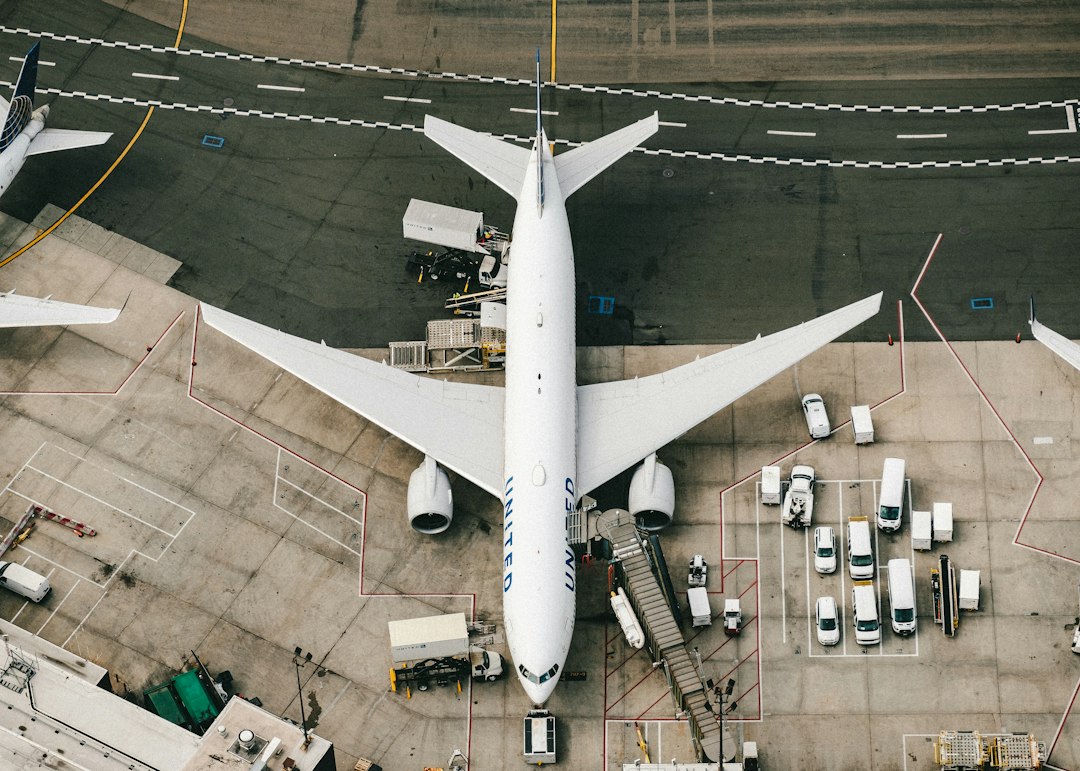The aviation industry is undergoing a major transformation with the rise of electric aircraft. Sustainable aviation is quickly becoming a reality, thanks to advancements in technology that are revolutionizing the way we think about air travel. One of the key innovations driving this change is simulation flight.
Simulation flight allows engineers and designers to create and test electric aircraft in a virtual environment before a physical prototype is ever built. This process saves both time and money, as it enables researchers to analyze and optimize the performance of different components without the need for expensive physical testing. By simulating a wide range of flight conditions, engineers can evaluate the impact of various design choices and make adjustments to improve the efficiency and safety of the aircraft.
The use of simulation flight has had a profound impact on the development of electric aircraft. One of the key challenges facing designers is optimizing the performance of the aircraft’s propulsion system. Electric motors are inherently different from traditional combustion engines, which requires engineers to rethink the design of the aircraft to maximize efficiency and range. Simulation flight allows researchers to model the behavior of electric motors in various flight scenarios, helping them to identify potential issues and fine-tune the design before a physical prototype is ever built.
Another key benefit of simulation flight is the ability to test new technologies and innovations in a virtual environment. For example, researchers can experiment with different battery configurations and energy management systems to maximize the range of the aircraft. By simulating the behavior of the aircraft in real-world conditions, engineers can identify potential problems and address them before they become critical issues.
The adoption of simulation flight has accelerated the development of electric aircraft, enabling researchers to bring new designs to market faster than ever before. Companies like Airbus, Boeing, and Lilium are all investing heavily in electric aircraft research, with the goal of transforming the way we think about air travel. These companies are developing a wide range of electric aircraft, from small drones to full-size passenger planes, that promise to revolutionize the aviation industry.
The rise of electric aircraft is a game-changer for sustainable aviation, offering a path to reduced carbon emissions and a more environmentally friendly way to travel. Simulation flight is playing a critical role in this transformation, enabling researchers to test and optimize new designs in a virtual environment. As the technology continues to advance, we can expect to see electric aircraft becoming a more common sight in the skies, changing the way we think about air travel for years to come.

